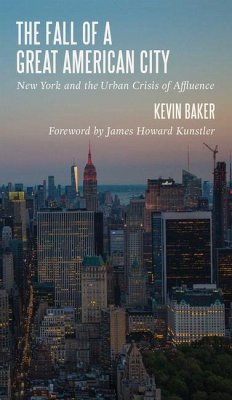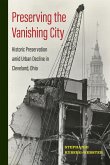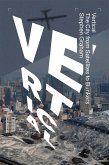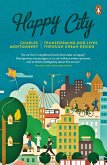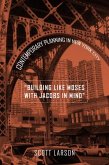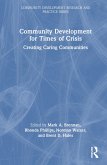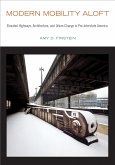The Fall of a Great American City is the story of what is happening today in New York City and in many other cities across America. It is about how the crisis of affluence is now driving out everything we love most about cities: small shops, decent restaurants, public space, street life, affordable apartments, responsive government, beauty, idiosyncrasy, each other. This is the story of how we came to lose so much-how the places we love most were turned over to land bankers, billionaires, the worst people in the world, and criminal landlords-and how we can - and must - begin to take them back. Co-published with Harper's Magazine, where an earlier version of this essay was originally published in 2018. The landlords are killing the town. As New York City approaches the third decade of the twenty-first century, it is in imminent danger of becoming something it has never been before: unremarkable. By unremarkable I don't just mean periodic, slump-in-the-art-world, all-the-bands-suck, cinema-is-dead boring. I mean flatlining. No longer a significant cultural entity but a blank white screen of mere existence. I mean The-World's-Largest-Gated-Community-with-a-few-cupcake-shops. For the first-time in our history, creative-young-people-will-no-longer want-to-come-here boring. Even, New-York-is-over boring. Or worse, New York is like everywhere else. Unremarkable. This is not some new phenomenon, but a cancer that's been metastasizing on the city for decades now. Even worse, it's not something that anyone wants, except the landlords, and not even all of them. What's happening to New York now-what's already happened to most of Manhattan, its core, and what is happening in every American city of means, Boston, Washington, San Francisco, Seattle, you name it-is something that almost nobody wants, but everybody gets. As such, the current urban crisis exemplifies our wider crisis: an America where we believe that we no longer have any ability to control the systems we live under.
Hinweis: Dieser Artikel kann nur an eine deutsche Lieferadresse ausgeliefert werden.
Hinweis: Dieser Artikel kann nur an eine deutsche Lieferadresse ausgeliefert werden.

